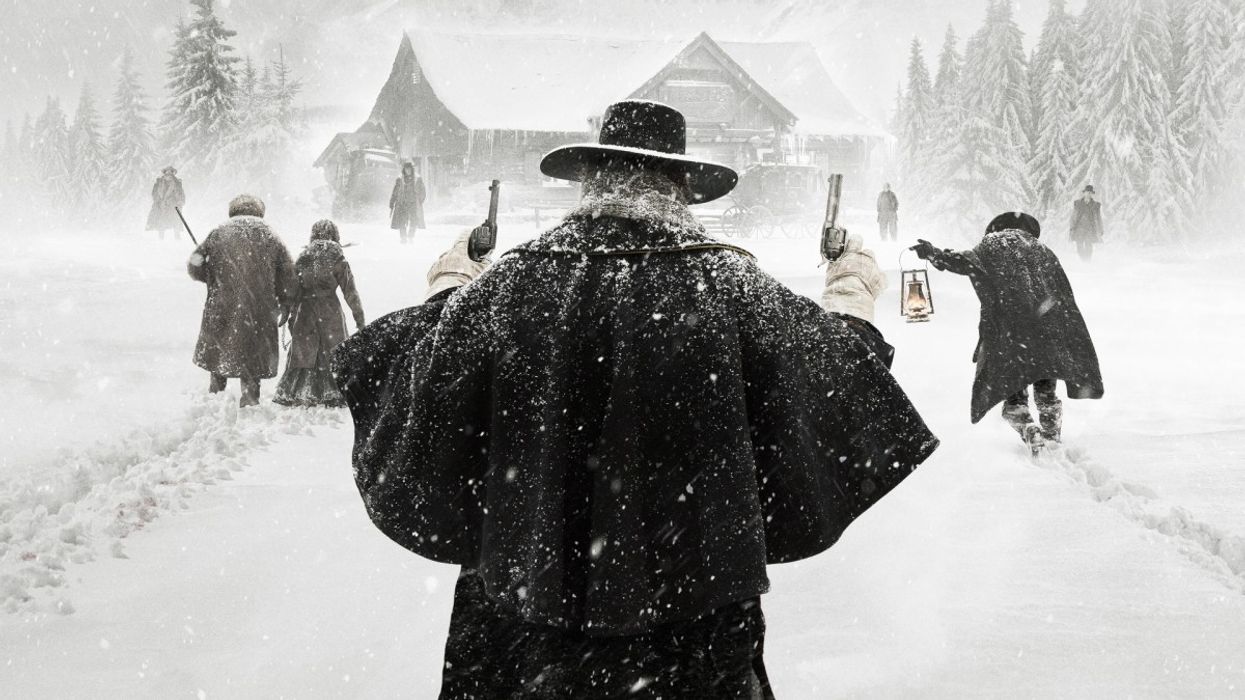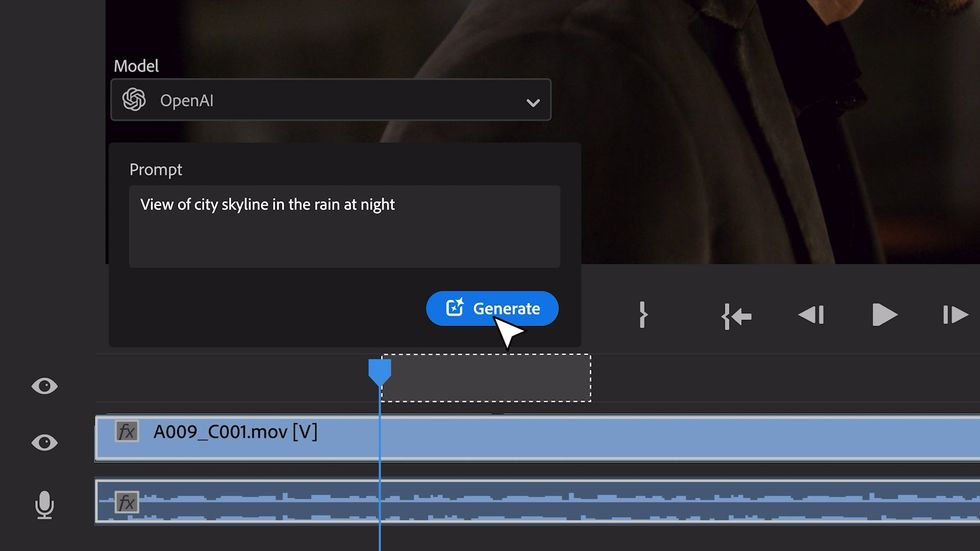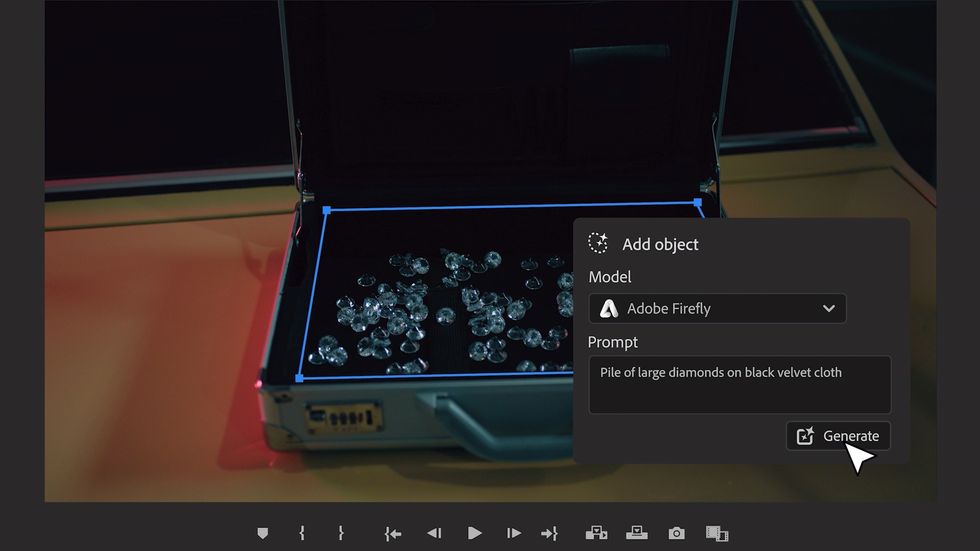The Quentin Tarantino Approach to Becoming a Successful Filmmaker
You've got the passion. You've got the drive. You've got the desire to be a great filmmaker, but you don't really know exactly what it takes to be one. If only there was a list of some sort that you could reference!

Well, the internet has opened up a treasure trove of excellent advice from history's best filmmakers, but if you prefer a list of the bullet point variety with pieces of wisdom from a director who helped bring indie film into the mainstream, this video from Evan Carmichael sources a bunch of interviews Quentin Tarantino has given throughout the years to give you just that.
The bullet points listed in the video can be a little vague, so I've reworded them with filmmakers in mind:
- Surround yourself with great filmmakers
- If you make a kick-ass movie, people will notice
- Make films that you'd pay to see
- Grandiose your way out of fear
- #1 skill as a director: Being able to explain your vision
- Just keep making films, even if they're terrible (making terrible films is great film school)
- Find the right balance between listening to other people's ideas and bringing your vision to life
- Keep reinventing yourself and your art
- Find your creative process
- Always try to find ways to engage your audience emotionally in your film
All of these points can help any artist better him/herself, but Tarantino makes such a great analogy when he compares becoming a better filmmaker to running a 100-yard dash. He says:
If you run the 100-yard dash with people that can't run as fast as you, yeah, you'll win hands down. You know that. But if you run with people much faster than you, yeah, you might come in last every single time, but your time will be better.
It's difficult to get better at a craft if you don't have masters and professionals to challenge the way you're doing it. If you're lucky enough to have a thriving filmmaking community where you live, connect with filmmakers that are better at it than you. If you don't, watch the films of filmmakers that inspire you and learn everything you can about how they approach(ed) their films. (You should probably do this anyway.)
We all have that dream in our heads to be the best and we get discouraged when we feel like, yeah, we're in last place. But take that as a call to push yourself to your creative limits, to continue to grow and change as a filmmaker.
Source: Evan Carmichael















